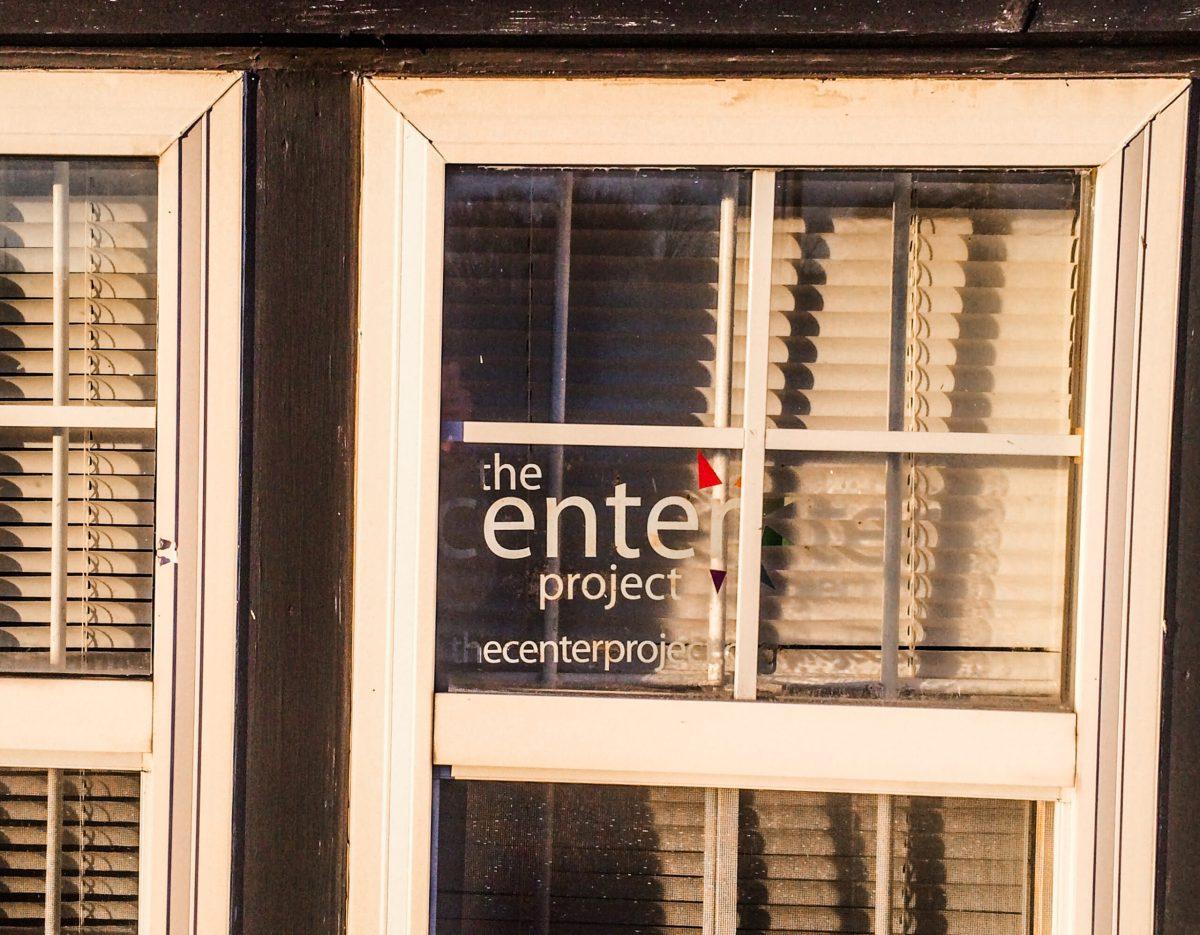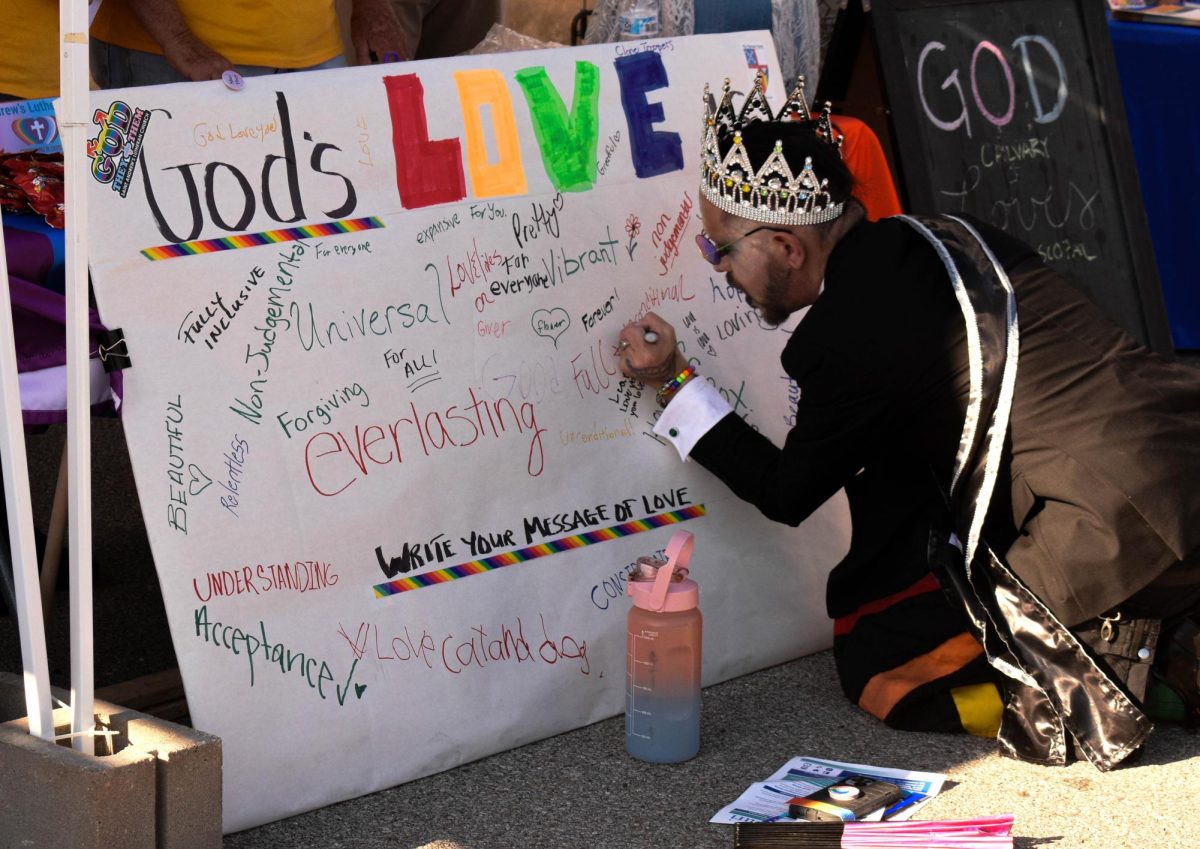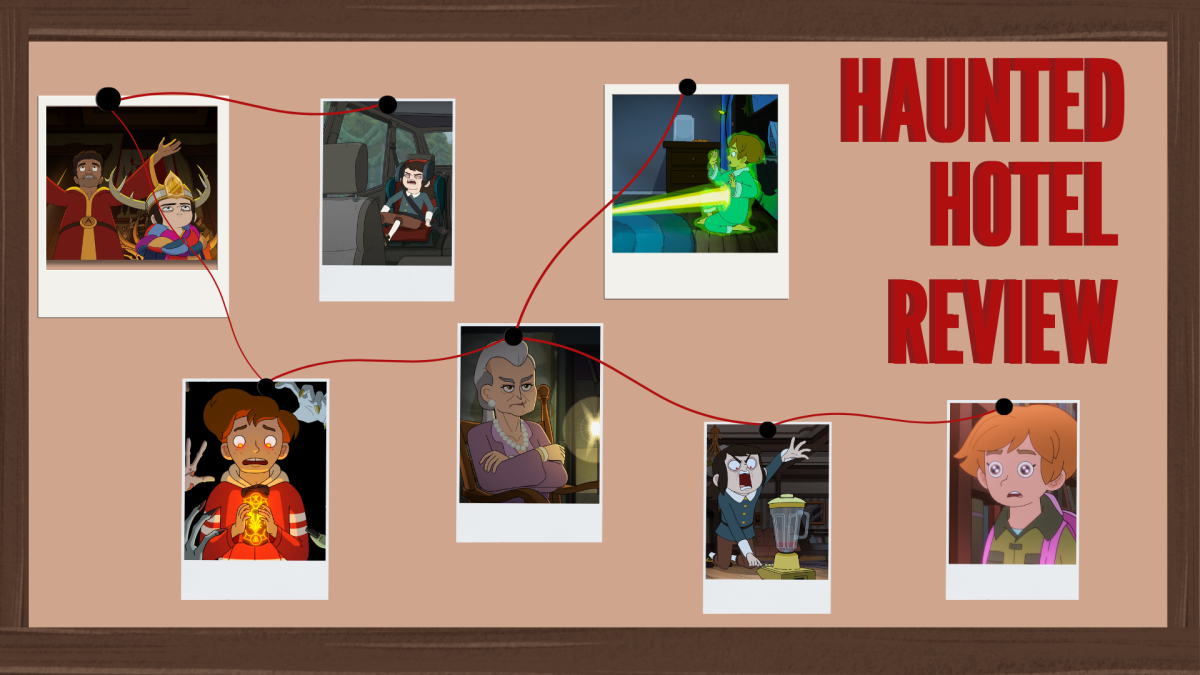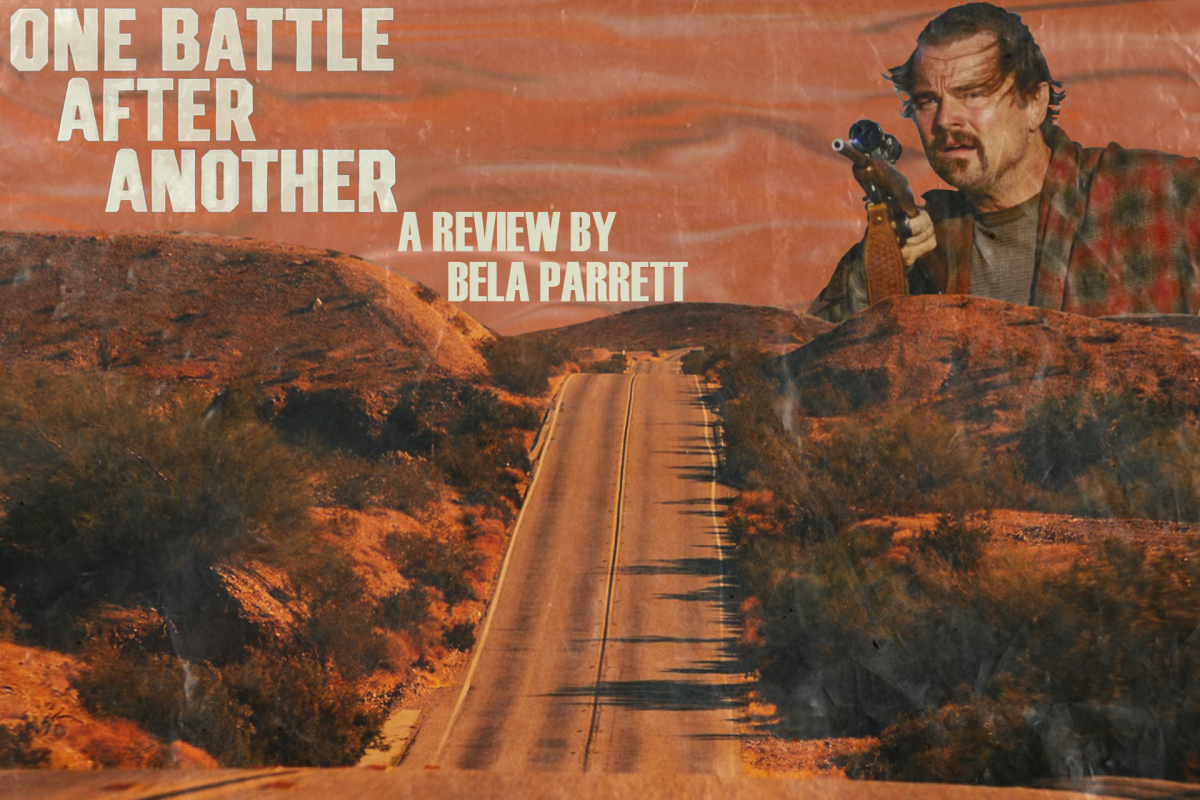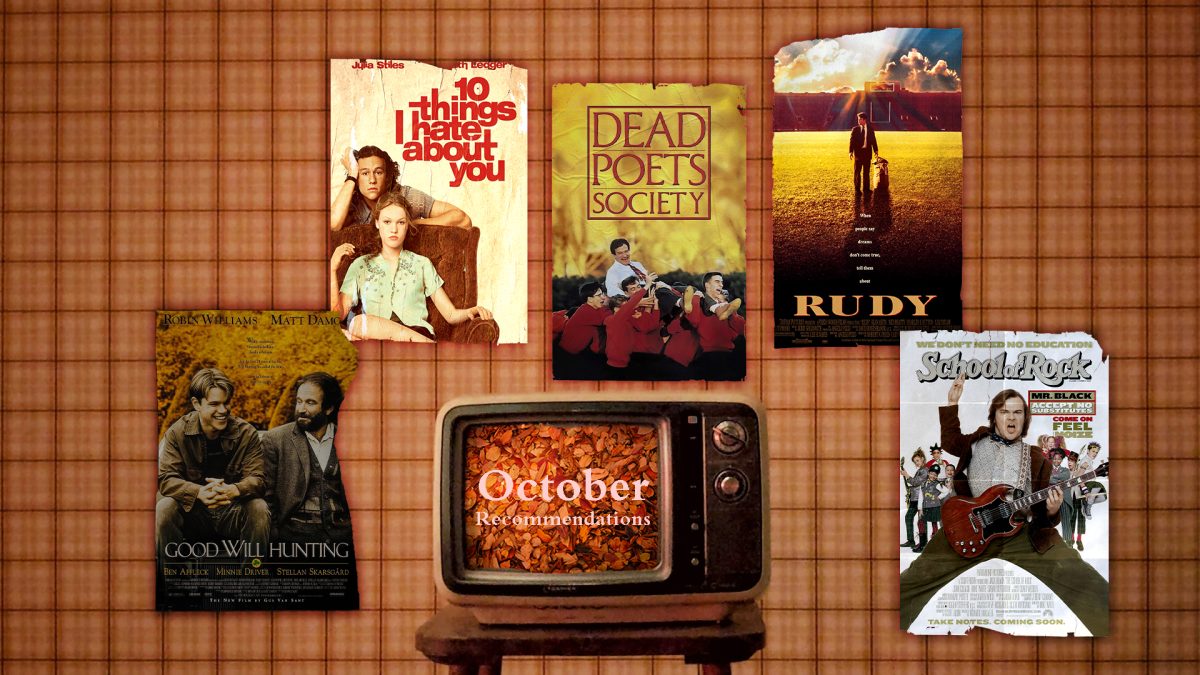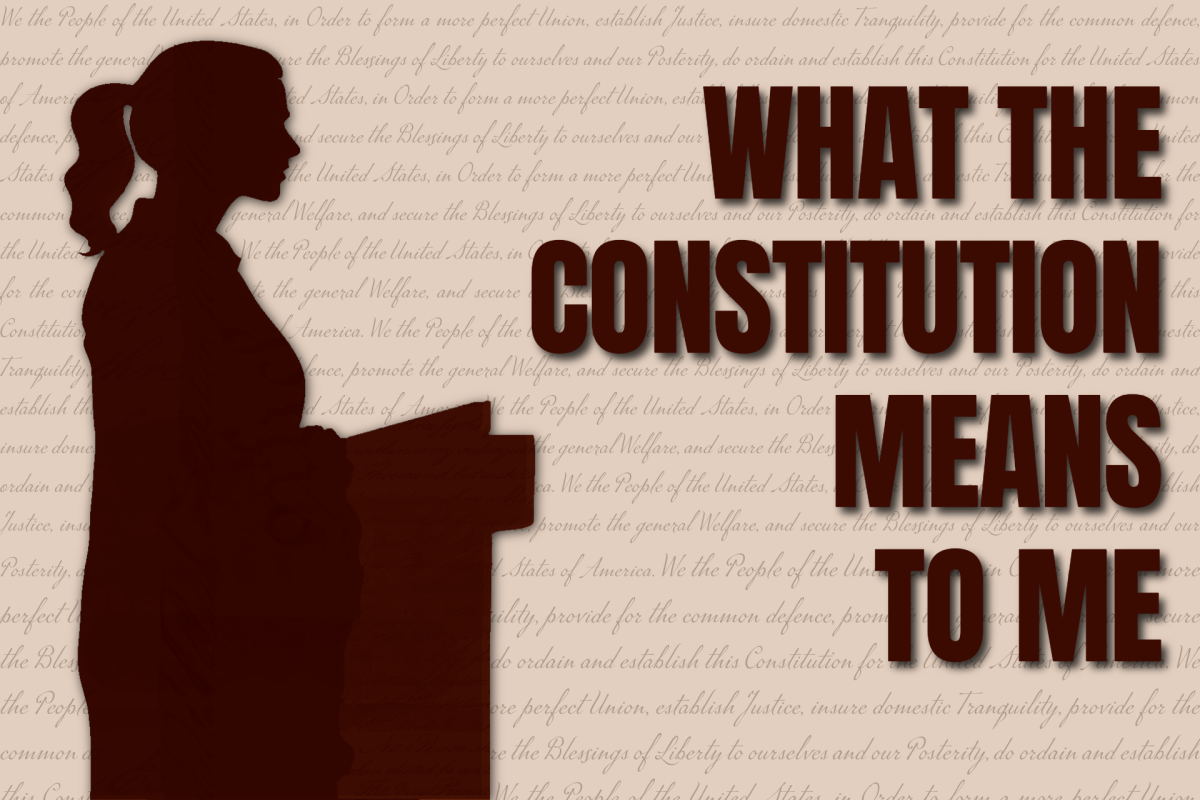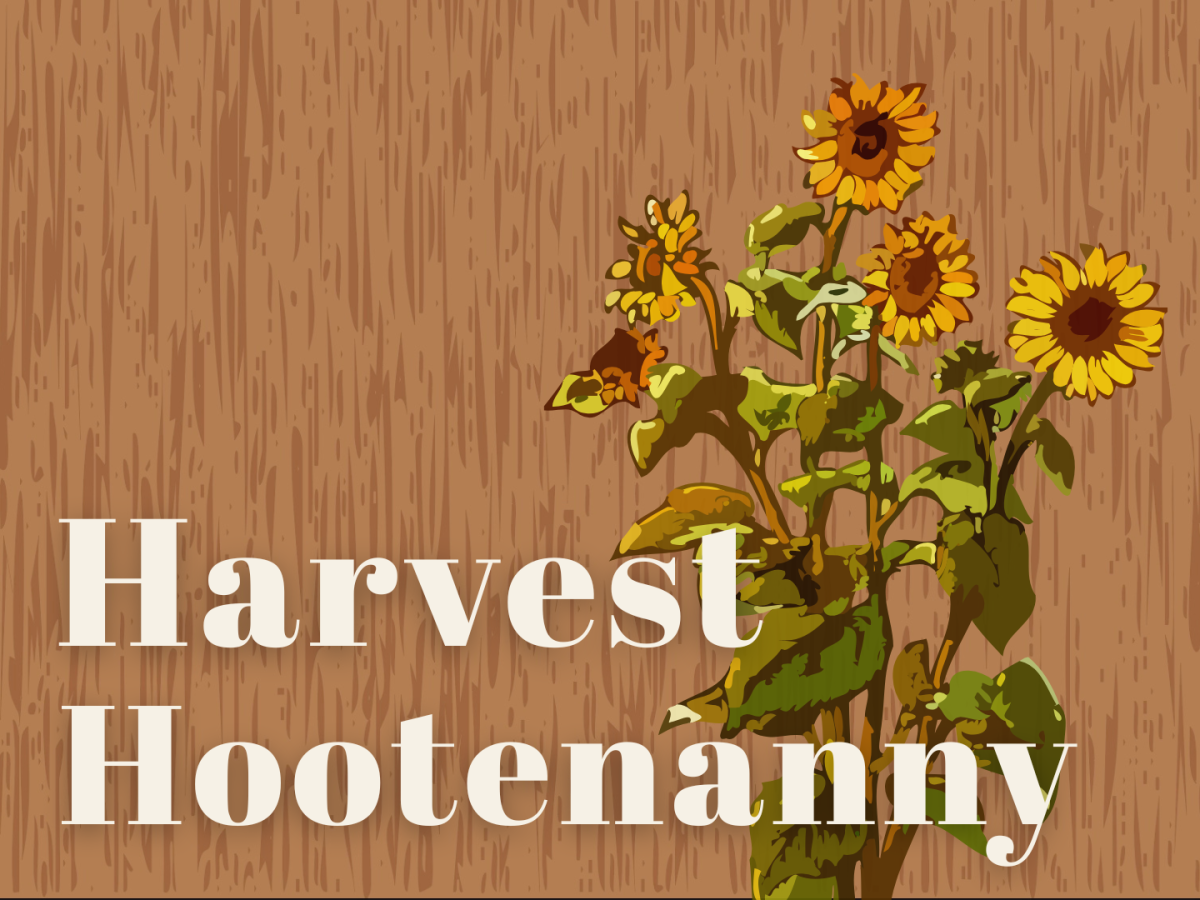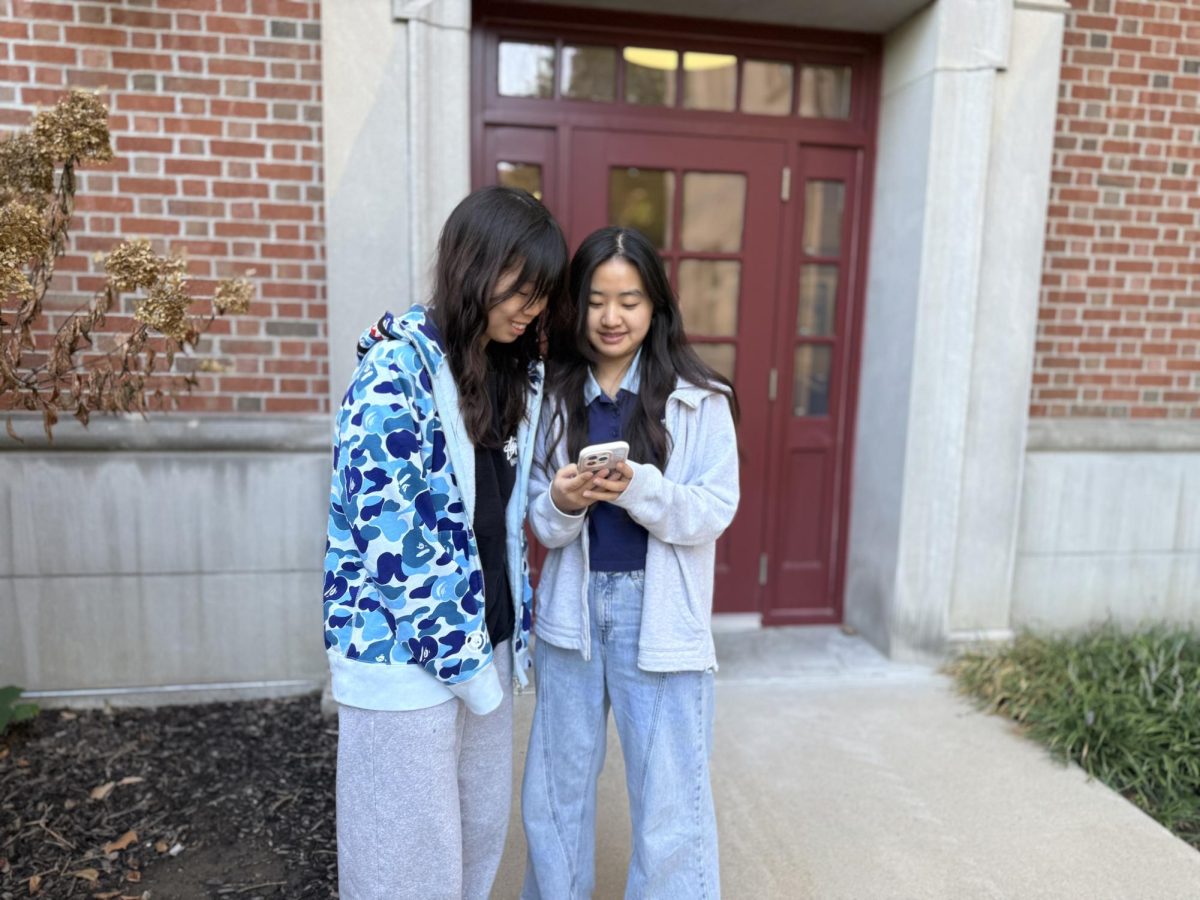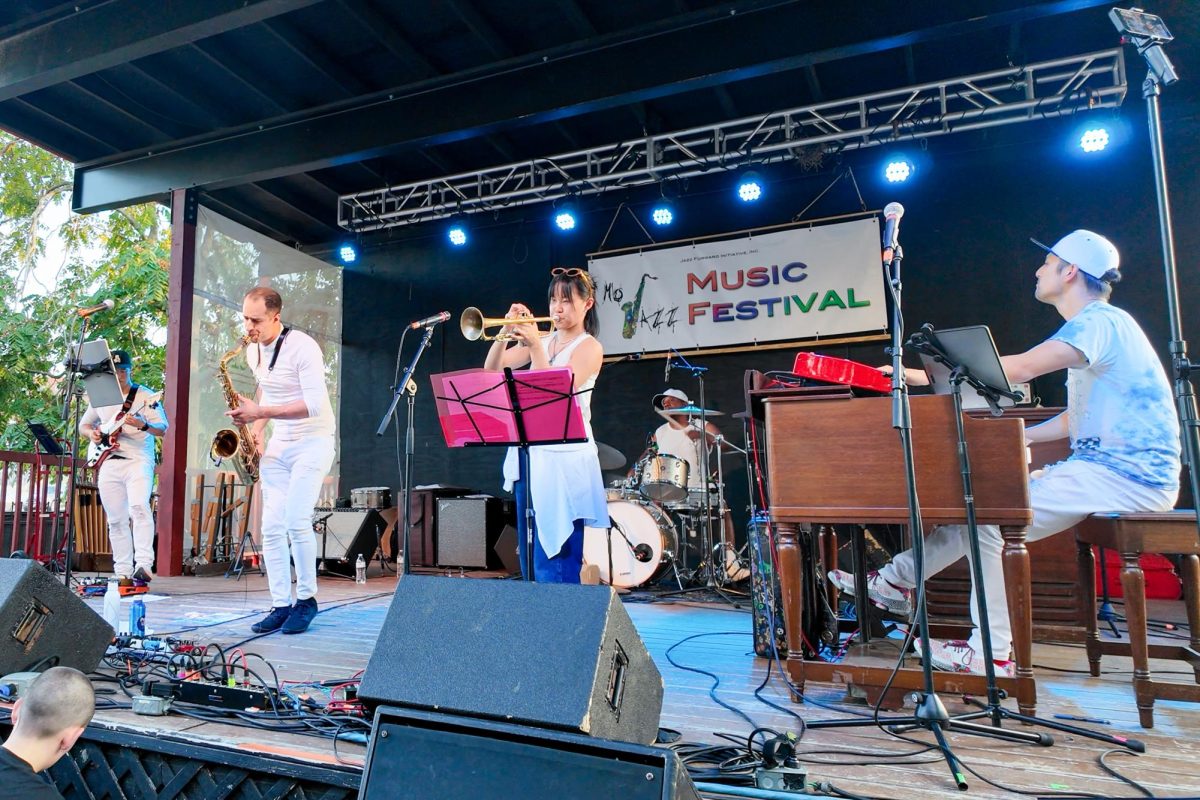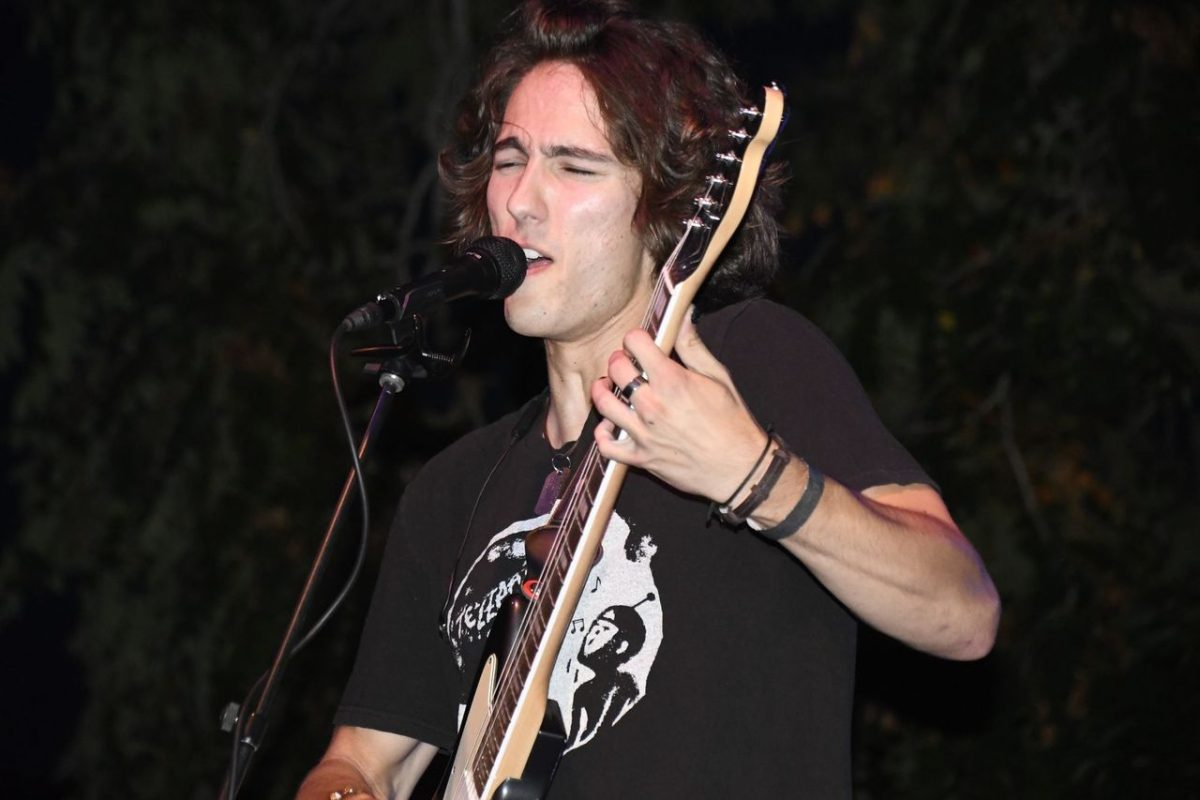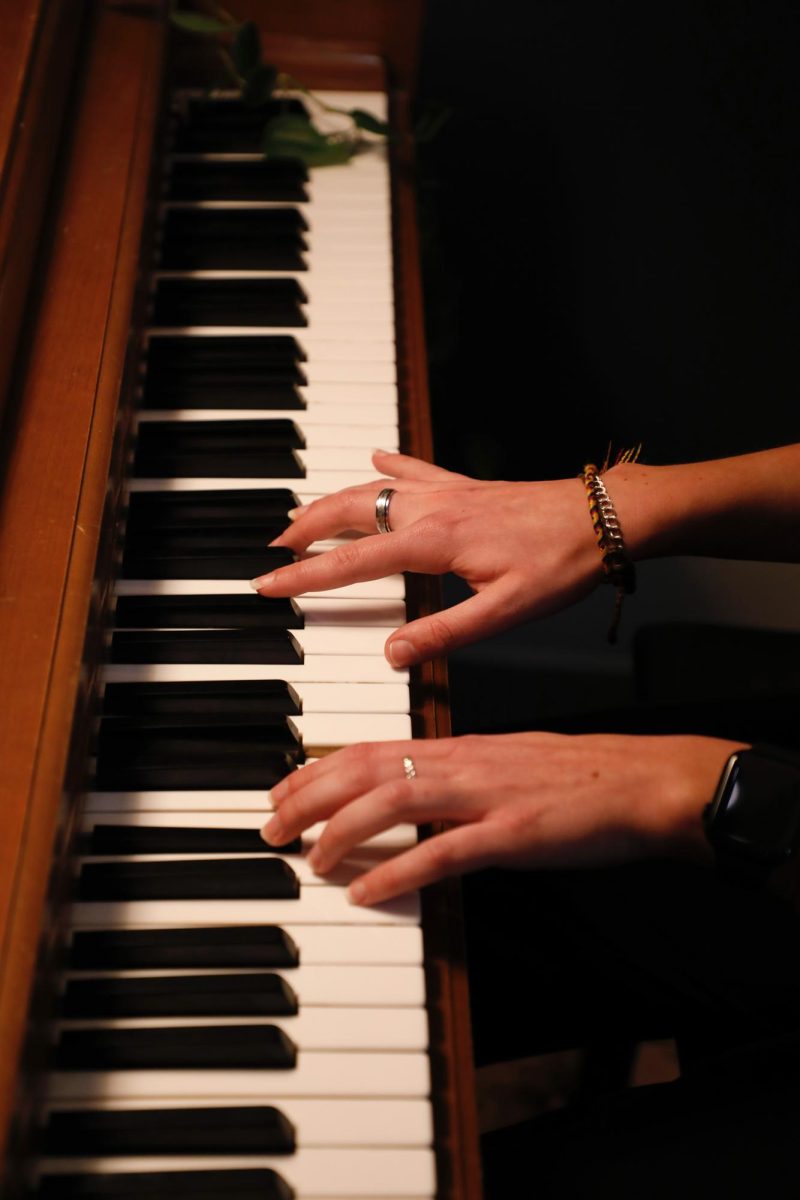Local nonprofit The Center Project prides itself on being a safe space for the queer community. The nonprofit’s community center, located a few blocks west of Columbia College, hosts a variety of support groups and special events. These include Gender Blender, a support group for anyone on the transgender spectrum, and PRISM, a club for LGBTQ youths.
The Center Project also sponsors the Quorus, a choir made up of LGBTQ advocates, and The Clothing Closet, a program that provides gender-affirming clothing to queer and transgender folk.
Howard Hutton is a board member of The Center Project and volunteers with Parents4Parents, the center’s support group for parents of LGBTQ folks. Hutton says that Parents4Parents attempts to teach parents how to navigate their children’s healthcare, legal and educational needs.
“We celebrate our kids,” Hutton said. “We work for progress. We support each other.”
Hutton was with The Center Project when it started out as a part of the Unitarian Universalist Church’s Welcoming Congregation in the early 2000s.
“Out of that Welcoming Congregation group sprouted our premier youth program, PRISM, and The Center Project,” Hutton said.
Though The Center Project now has a set location, they haven’t always been so lucky. Hutton remembers how the Center Project started out in a closet in the Unitarian Universalist Church. After renting various buildings around Columbia, they bought their current permanent location in 2017.
According to former board member Dustin Hampton, the physical location helps The Center Project further their mission.
“It’s been a great place for people to come and have a safe space,” Hampton said in a 2016 interview with the Columbia Daily Tribune. “It’s been a really great place for a supportive or an LGBT organization to meet.”
The Center Project is a volunteer organization made up of queer people and allies alike. For Hutton, activism is an essential part of allyship.
“Activism is just an accident when you’re a part of this community as an ally,” Hutton said.
“Basic equality and civil rights [are] simply not there a lot of times. So you have to speak up.”
The Center Project, along with other LGBTQ advocates, has given Columbia a reputation as a city accepting of queer individuals. The city has earned a perfect score on the Human Rights Campaign’s Municipal Equality Index two years in a row, thanks in part to the passing of Columbia’s recent conversion therapy ban. However, there is still work to be done according to state Rep. Martha Stevens, D-Columbia.
“When you live in Columbia and you’re part of this sort of progressive environment, you tend to think it’s supported,” Stevens said at a recent celebration of Columbia’s conversion therapy ban. “While that’s true, there’s still the grinding gear of politics and democracy.”
The Center Project strongly supported the conversion therapy ban, which Howard Hutton himself initiated.
“The Center Project came and gave [a] really powerful testimony at the city council meeting one evening,” Stevens said. “I’m grateful for all of the community partners we got to work with.”
_Edited by Janae McKenzie | [email protected]_


